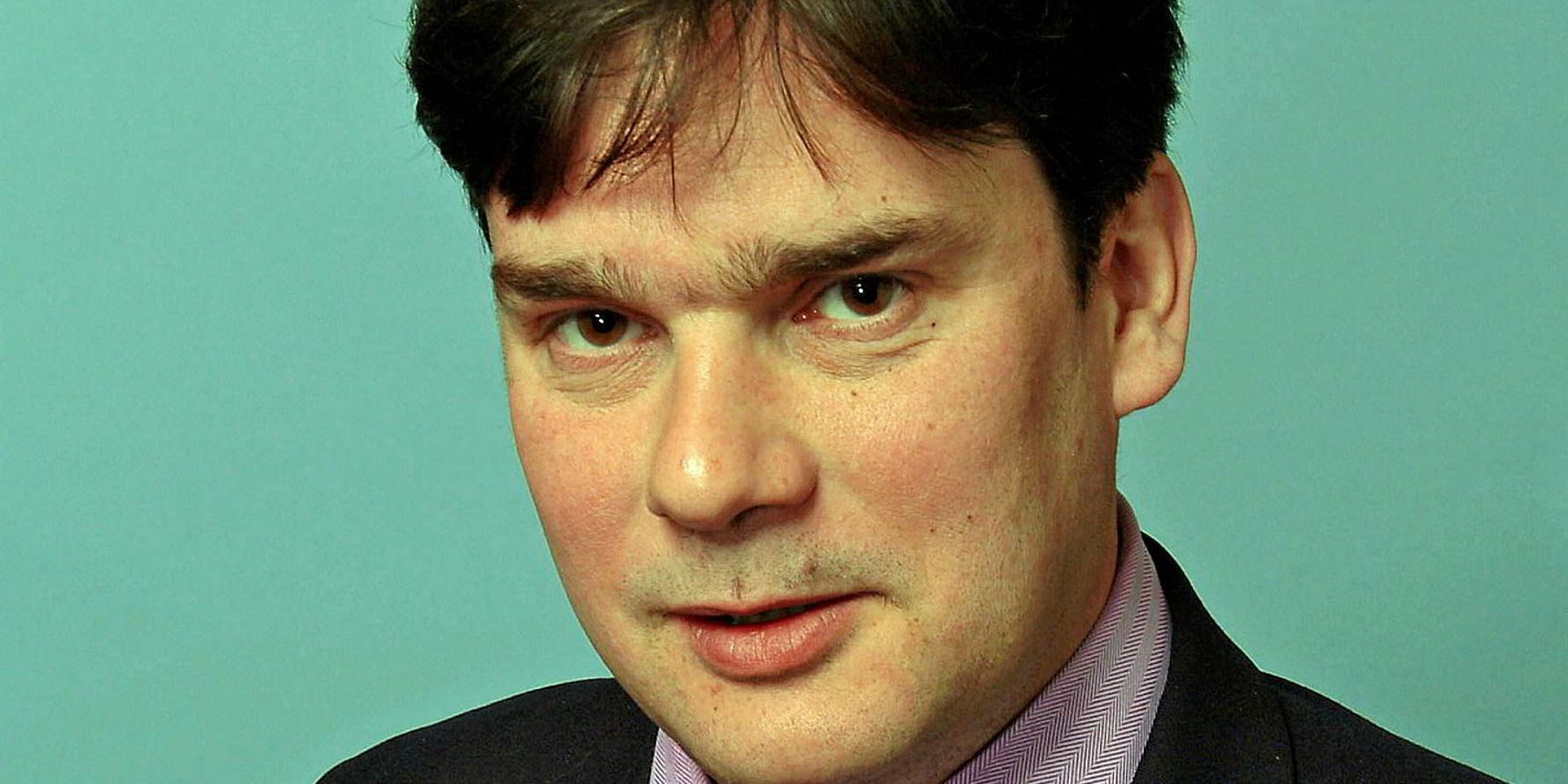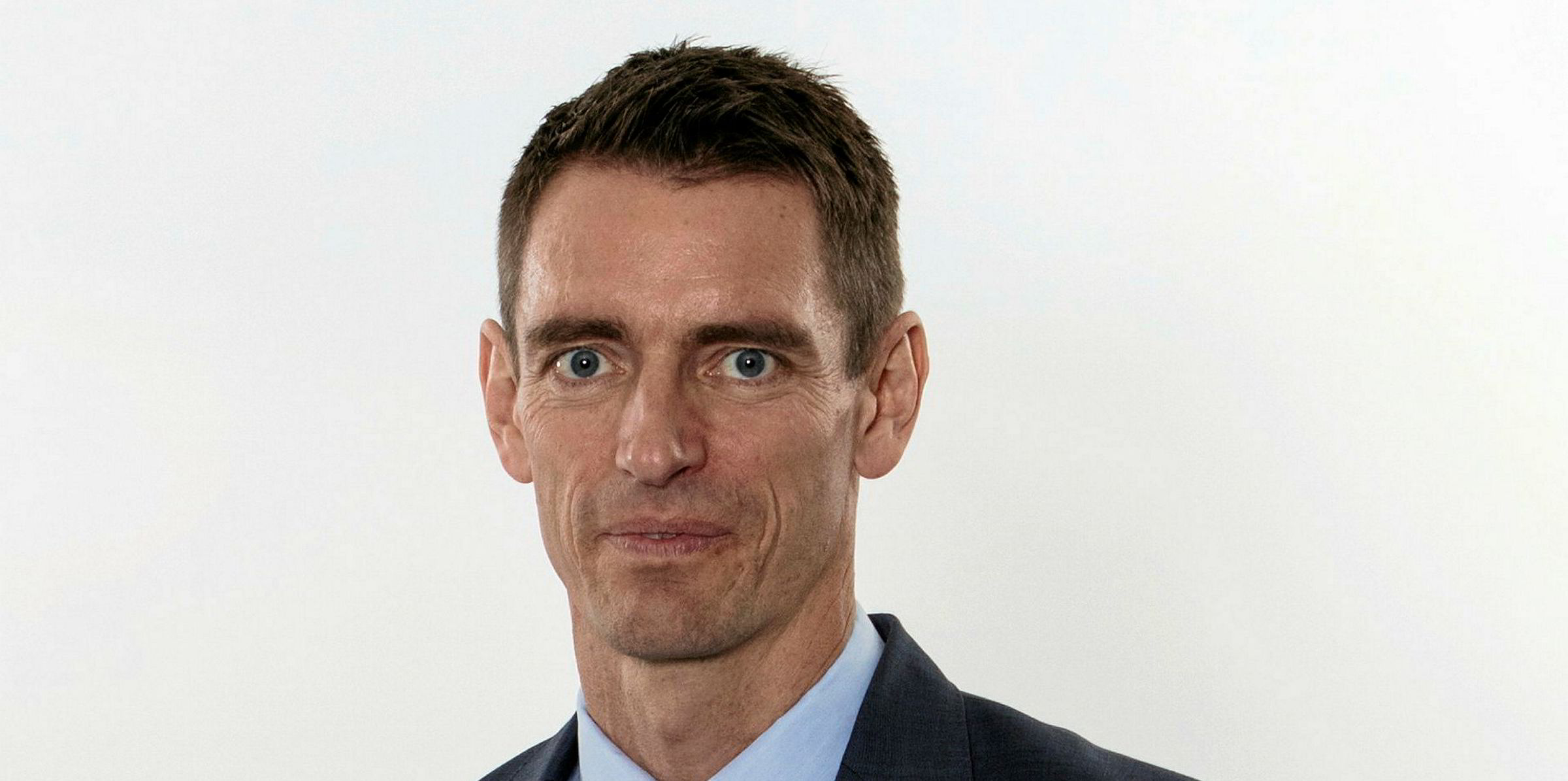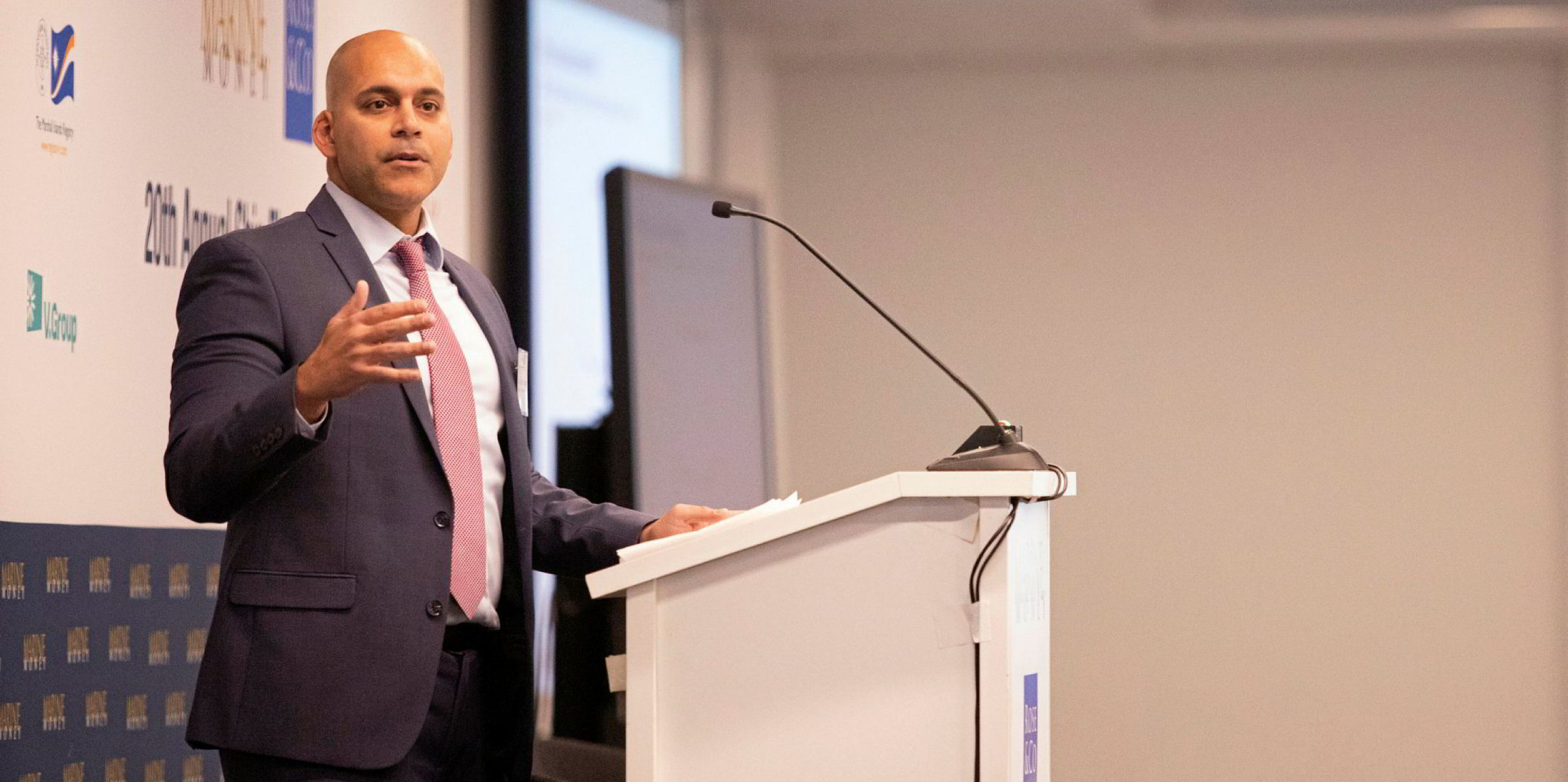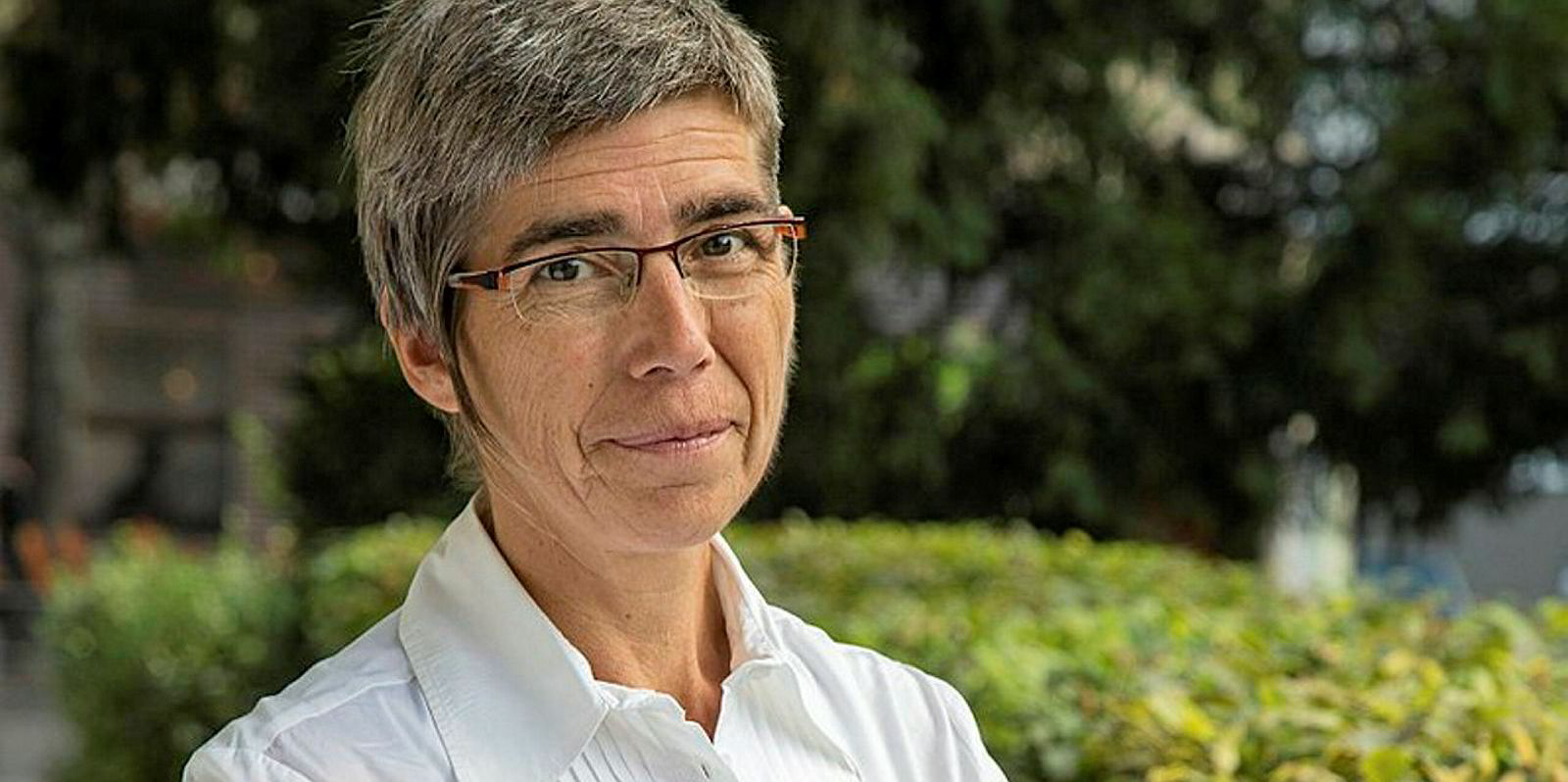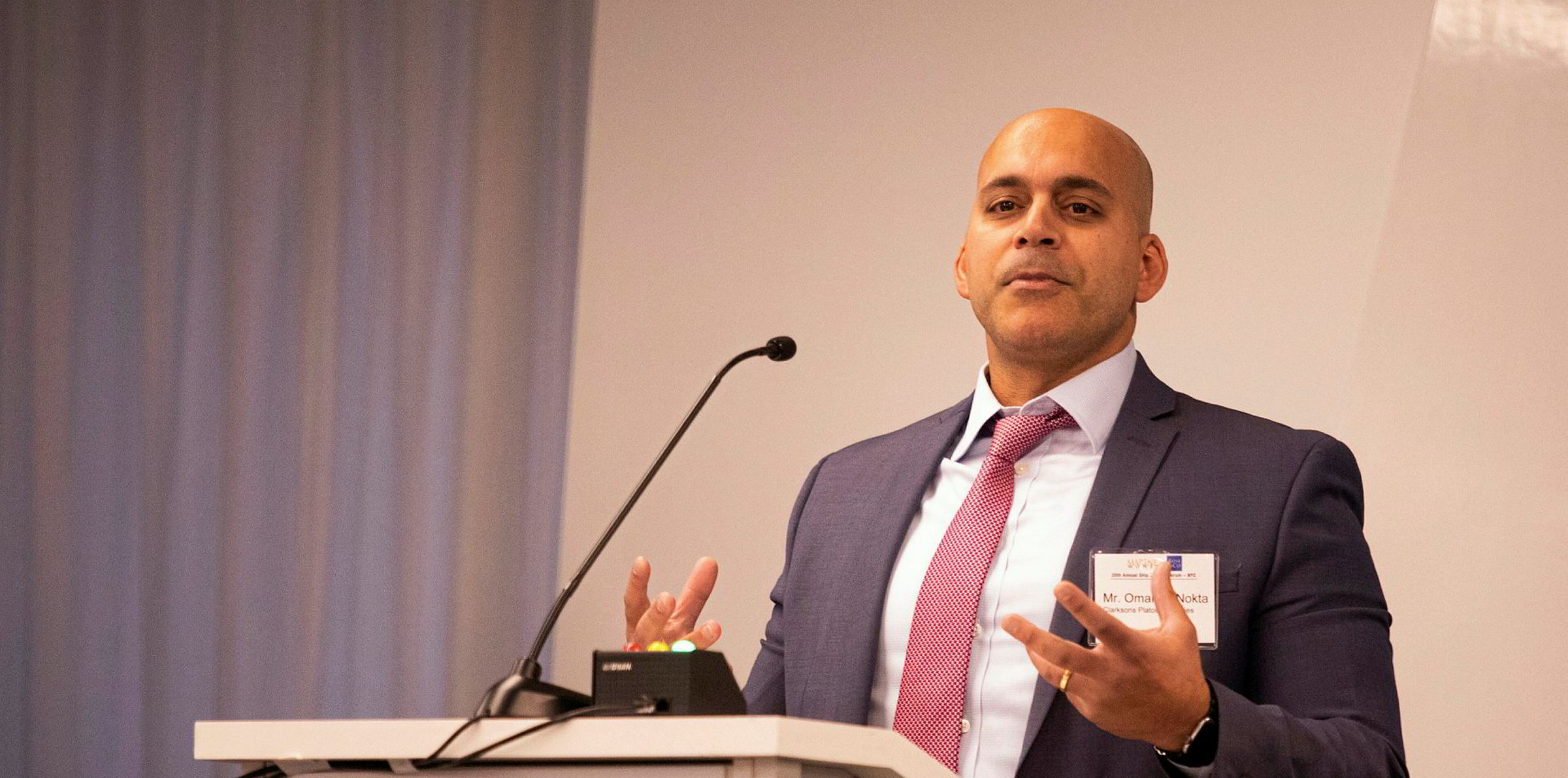The European Parliament recently voted for inclusion of international ships into the European Union Emissions Trading System (ETS). The European Commission, with the blessing of EU leaders at their summit in July, is also developing a similar proposal at the request of its president, Ursula von der Leyen.
Given this political momentum, many might think that a requirement for ships trading with Europe to be compelled to purchase EU carbon allowances is inevitable. However, any such assessment is premature.
Emissions trading, designed for sectors such as electricity generation and cement production, is inappropriate for shipping which largely comprises small and medium-sized enterprises.
The application of a regional ETS to ships that operate globally also carries the risk of serious market distortion. If a market-based measure is to be developed by the International Maritime Organization, shipowners prefer a global levy on every tonne of fuel purchased for consumption.
But the other real concern is that this unilateral EU initiative could undermine the authority of the IMO and its strategy to eradicate carbon emissions from shipping worldwide. Indeed, the application of a regional ETS to international shipping could potentially derail ongoing negotiations at the IMO.
By undermining the IMO process, this unilateral EU initiative could decelerate the current downward trajectory of the global sector’s emissions.
The unintended consequence of derailing progress at the IMO is probably below the radar of most EU state leaders.
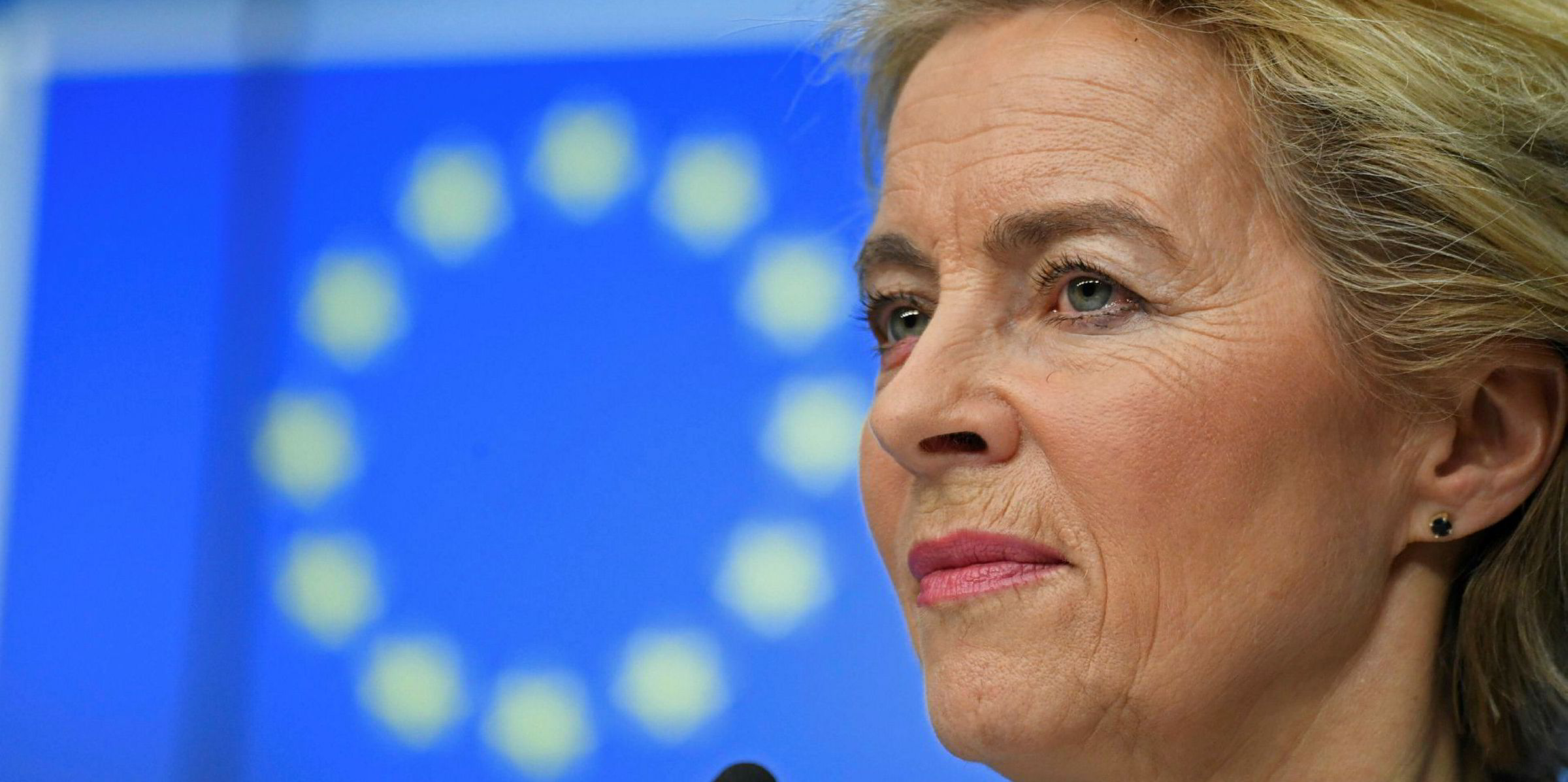
But EU governments are concerned about maintaining good relations with their major trading partners, such as the US, China, India and Japan. Non-EU governments can be expected to object to this unilateral move at the very highest political level, especially once the European Commission publishes detailed regulatory proposals in the summer of 2021.
This is precisely why the application of the EU ETS to shipping is not inevitable, or at any rate in a form whereby ships would be required to purchase EU carbon allowances.
'Galvanising opposition'
EU leaders have made the task of galvanising external opposition far easier, by explicitly declaring the billions of euros per year that might be generated from selling ETS allowances to non-EU shipping companies should be used to support EU economic recovery. From the perspective of non-EU governments, any extension of the EU ETS to shipping will therefore be seen for what it is — an extraterritorial impost on global trade.
A containership could begin its westbound voyage in China, unloading cargo at ports across Asia before reaching Europe, where it could nevertheless have to purchase allowances for carbon emitted over the course of the entire voyage.
Countries outside the EU will no doubt view this initiative as a not-so-subtle means of getting the rest of the world to pay for EU economic recovery, at a time when we need to encourage global trade, not create new barriers.
But there is another reason why a requirement for ships to play on the EU carbon market is far from inevitable. The EC officials tasked with developing the detailed proposals recognise the importance of a global solution at the IMO and have publicly stated that they remain committed to the IMO process.
The EC, it is true, has clear political instructions to extend the regulatory scope of the ETS to shipping. But the commission comprises high-calibre officials who may yet devise a system that could be compatible with an IMO solution.
This should include being compatible with the $5bn research and development programme proposed by the industry, to be financed by a mandatory R&D contribution per tonne of fuel, which the IMO will consider at its Marine Environment Protection Committee meeting in November.
Within the wrapper of the EU ETS legal framework, those commission officials who, like the industry, are serious about wanting to decarbonise shipping completely could still propose an alternative system for the international shipping sector.
With judicious implementation dates and review clauses, which take account of the ambitious IMO timetable to which EU nations signed up two years ago, it may yet be possible for the EC to enact their political masters’ orders in a way that avoids destroying global efforts to decarbonise shipping completely.
Simon Bennett is deputy secretary general of the International Chamber of Shipping
Do you have an opinion to share? Email: news@tradewindsnews.com
